The current debate in the NFT PFP circle is the project, Moonbirds, and the CC0 license. The founder of Proof Collective and Moonbirds, Kevin Rose, recently made an announcement that all Moonbirds and Moonbirds Oddities will now carry the CC0 license. If you are not familiar with the CC0 license, it simply means, that the art attached to the token will now be in Public Domain.
I wrote about CC0 here so feel free to read up on it. Why is this important now and for the future of how people plan out their non fungible token projects? Well, Moonbirds is one of the most talked about NFT PFP projects. It saw investors buying Moonbirds for upward of 30 ETH and it also saw a lot of people wishing they could get one, even if it is just to flip, but mostly to be a part of a “blue chip” community. Keep in mind that the term blue chip is often used loosely in Web3 to describe NFTs with certain values attached to them. NFTs are new and historically, Blue Chips requires years of consistency.
Is the decision to make Moonbirds and Moonbirds Oddities a good or bad thing? Let’s dig in a bit and try to see both sides of the coin.
What is MoonBirds and Proof Collective?
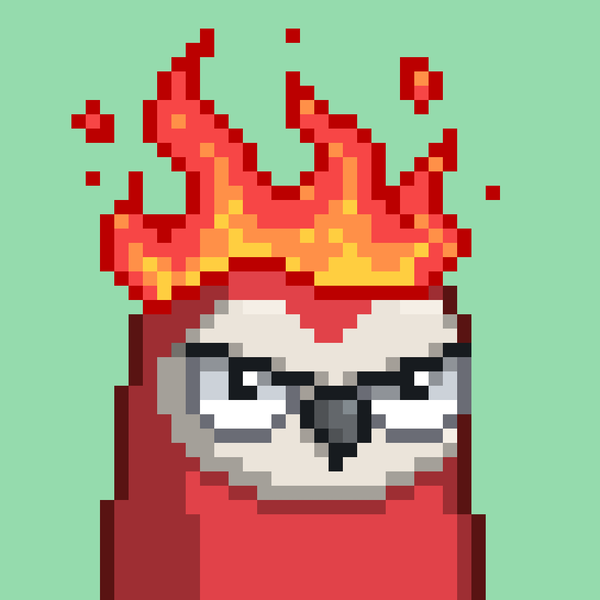
Moonbirds was a project launched by the founders of Proof Collective. The art is a pixelated image of Owls. Proof Collective is a 1000 member collective dedicated to artists and collectors. On their website, they assert that “Our members were early collectors of some of the most sought-after NFT projects. We believe in group bottoms-up-driven research. A collective working together is stronger than any single member.”
In April 2022, they released their 10,000 Unit PFP Project called Moonbirds. Those that had it showed it off and those that didn’t, wished they did. We saw sales as high as 30 Eth and more. Moonbirds gave private access to a vibrant community and also rewarded its holders for “nesting.” Nesting pretty much means, the longer you hold your Moonbird, the additional benefits you will receive. They later followed it up in July 2022, with their Gremplin collaboration called Moonbird Oddities. Moonbird Oddities featured 10,000 Owl pellets. The lore seems like a lot of fun but for some collectors, the lore is just not enough.
Is it good or bad that Moonbirds changed their license to CC0?
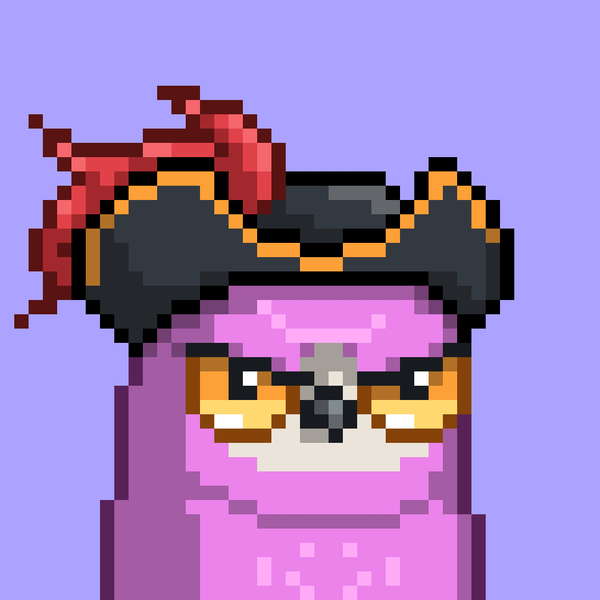
While writing this article, I found it a bit amusing that I could just go select whatever Moonbird I wanted to use without needing to ask the owner. This is by the way though. In terms of it being good or bad, for the founders of Proof Collective and Moonbirds, it may be a good thing, or else they would not have made that decision. I am curious to know, however, why after launch?
For the holders aka community, the opinions are divided. I read different opinions and saw different emotions after the announcement was made. Some said they were fine with it and they only care about owning the art and being a part of the community. Others were angry and were not shy about expressing how they felt. Some were sad and frustrated that they were not consulted first.
One holder, who goes by the handle Lakoz.eth stood out for me because he said that shortly after the announcement, he lost a 6 figure licensing deal that he had been working on for a while. He was however optimistic, still, about the community. Which brings me to the question, with PFP projects, what is the most important thing?
Will the CC0 decision affect Moonbirds and Moonbirds Oddities?
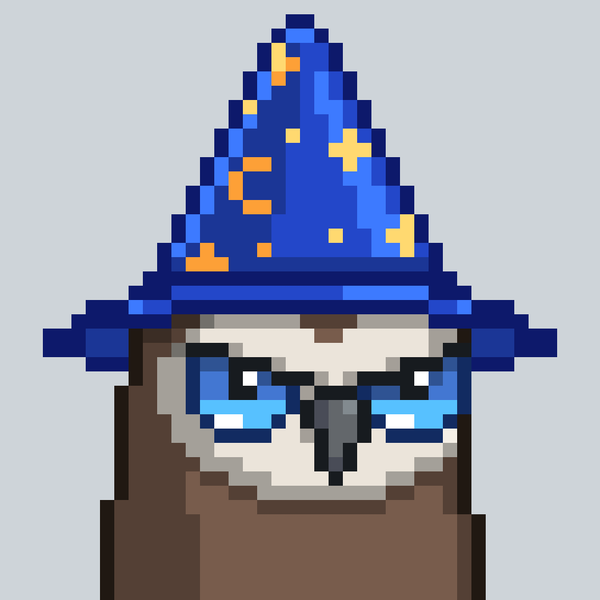
After the announcement was made, we saw a drop in the floor price of the Moonbirds project. I feel like this is normal because a lot of seller decisions in Web3 are very much based on speculation. No one wants to be stuck with a bag, so they opt out. This will also give people who wanted to get into the community, an entry point. The question now is, how will this affect the project moving forward? I believe only time will tell.
If the founders are able to do something spectacular to pacify the holders, things will go back to being all good. One thing ill say about holders of valuable projects is that most are loyal, and most will be patient enough or trust in the founders enough not to sell. I have seen this play out over again and recently with Azuki. Certain holders defended their founder even when it was clear he was in the wrong. Loyalty, good or bad can sometimes be favorable to a project.
What was MoonBirds License Before CC0?
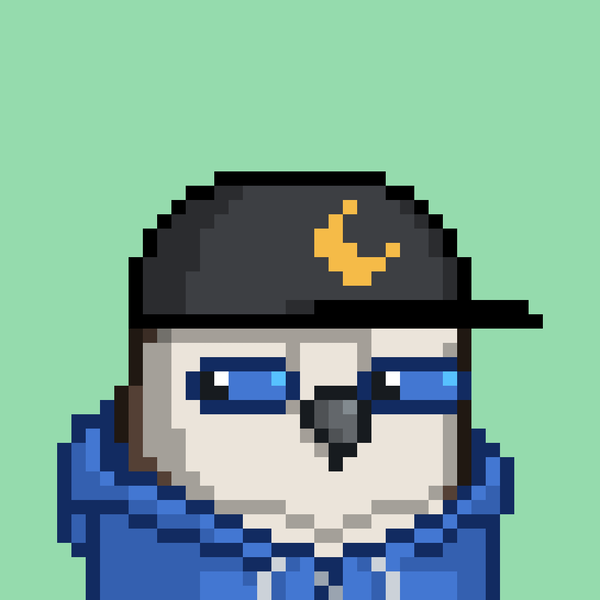
I believe the uproar about Moonbirds changing to a CC0 license stems from the fact that it was done after the project took off. A lot of the anger also came because holders were allegedly not consulted first. Some say the announcement blindsided them because they did not expect it. I believe at the start of the project, individual holders were given IP rights to do as they wished. IP rights are sought after with PFP projects because some have seen how it can be beneficial to the holder.
How were they able to change the rights to CC0 without consulting the holders?
Now, here is where it begins to get tricky. When Moonbirds dropped, the terms stated that individual IP would be given to the owner of the token. However, it also had a clause. The clause stated that Proof reserves the right to modify things with or without notice. Now, do a lot of people in Web3 read terms? I can’t say, but the terms were written there clearly.
Now, to be fair, and because of the nature of Web3 and its general mindset, some feel things like this are very Web2, so they don’t expect it. With everything we have been seeing however, is it safe to say, Web2 companies are building in Web3 and the same practices will still be seen with modifications here and there? Time will tell.
Value of Art vs Non Fungible Token
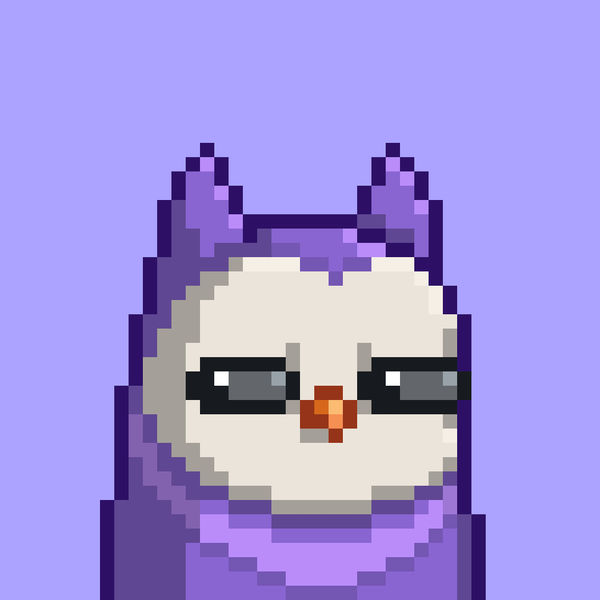
With PFP projects, the valuation of the attached art can be a bit tricky because a lot of the value comes from the community and sometimes the utility given to holding the token. Because Artworks are attached to these tokens, the lines can get blurred very quickly. With one of one art, it’s easier to untangle because what you are getting is the art and the art is what gives the token value.
PFPS in my opinion are a bit different. I think with PFPs, it’s the token or community that gives the art value. One of the reasons the art attached to the Bored Ape Yacht Club is valuable and can make the holder money if they use the IP is because the community is strong and the founders have succeeded in building a brand that’s sought after.
Bored Ape Yacht Club IP License
When the Moonbirds debate started, I said it would be interesting to see what would happen if Yuga labs decided to pull this move and CC0 the art attached to their Bored Ape Yacht Club token. I felt like there would be a massive uproar in the NFT Community. I say this because a lot of the good examples of IP licensing I have seen in Web3 have been from Bored Ape holders.
A collector of my Artwork, who is also a holder of a Bored Ape Yacht club token is my go to good example of IP Licensing and NFTs. He is currently spearheading a company that will focus on IP in Web3. Bored Ape Yacht club has also shown us the importance of maintaining the IP of the art when you hold a PFP token. Some may never have to sell their ape because they are making enough money using their IP.
What could Proof Collective and Moonbirds have done differently?
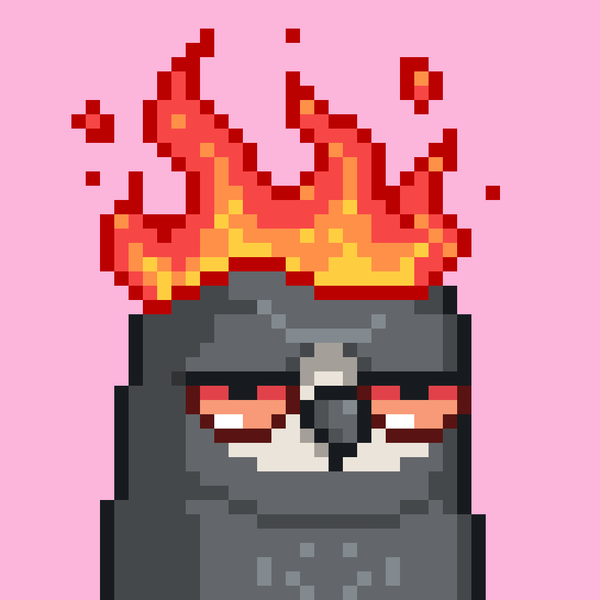
We are all still learning and navigating our way through Web3. I believe this will blow over and if something great comes out of it, holders will once again be happy. However, I think to avoid this debacle in the first place, Proof Collective could have had a holder vote. This would have helped decide if they wanted the art attached to the token they paid for, to be given away to the public domain. Another great way to avoid this was giviving the CC0 license pre mint. I am sure this will be a teachable moment for many of us in Web3.
Conclusion
With that said, Moonbirds is still one of the most valuable NFTs from a PFP project in the market right now. Even with all the uproar there are only 184 listed out of 10,000 as of me writing this. This is a good indication that many holders do not care enough to leave. I have seen CC0 brands thrive. All this buzz could also make the Moonbirds more popular. It may be a bit more complex in this instance though, because giving away something that has been bought without consulting the buyer is tricky.
Imagine if you bought a Ferarri and Ferrari turned around and said anyone can drive your car without your permission. That will not sit well with many people. If there is any takeaway here, it is, always read the terms before you mint a PFP project. Especially if you have plans for your art outside of selling the token. Another takeaway is that DYR (do your research) is still valid, even in Web3. I am curious to see how this will play out. Also, how it will affect future standards in NFT Projects to come.
